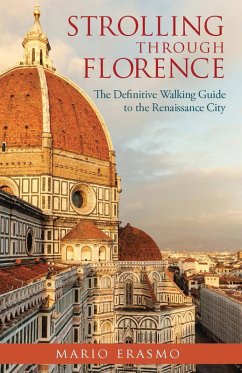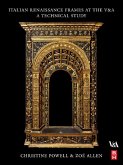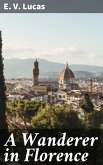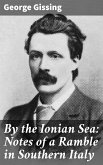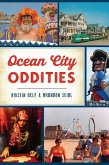To walk through Florence is to step into one of the most remarkable histories of any European city. From its establishment by Julius Caesar in the first century BC, through its Golden Age at the epicentre of the Italian Renaissance, to its position as an iconic cultural destination in the twenty-first century, Florence is a small city that packs a lot of punch. This is the city of Dante and Boccaccio, Leonardo da Vinci and Michelangelo, the Medici, Botticelli, Donatello and the `Mad Monk' Savonarola. Their stories permeate every corner of Florence, but the city's contemporary scene is just as alluring, from cutting edge art and fashion to food. It is only by exploring Florence on foot that the visitor can truly experience everything the city has to offer.

